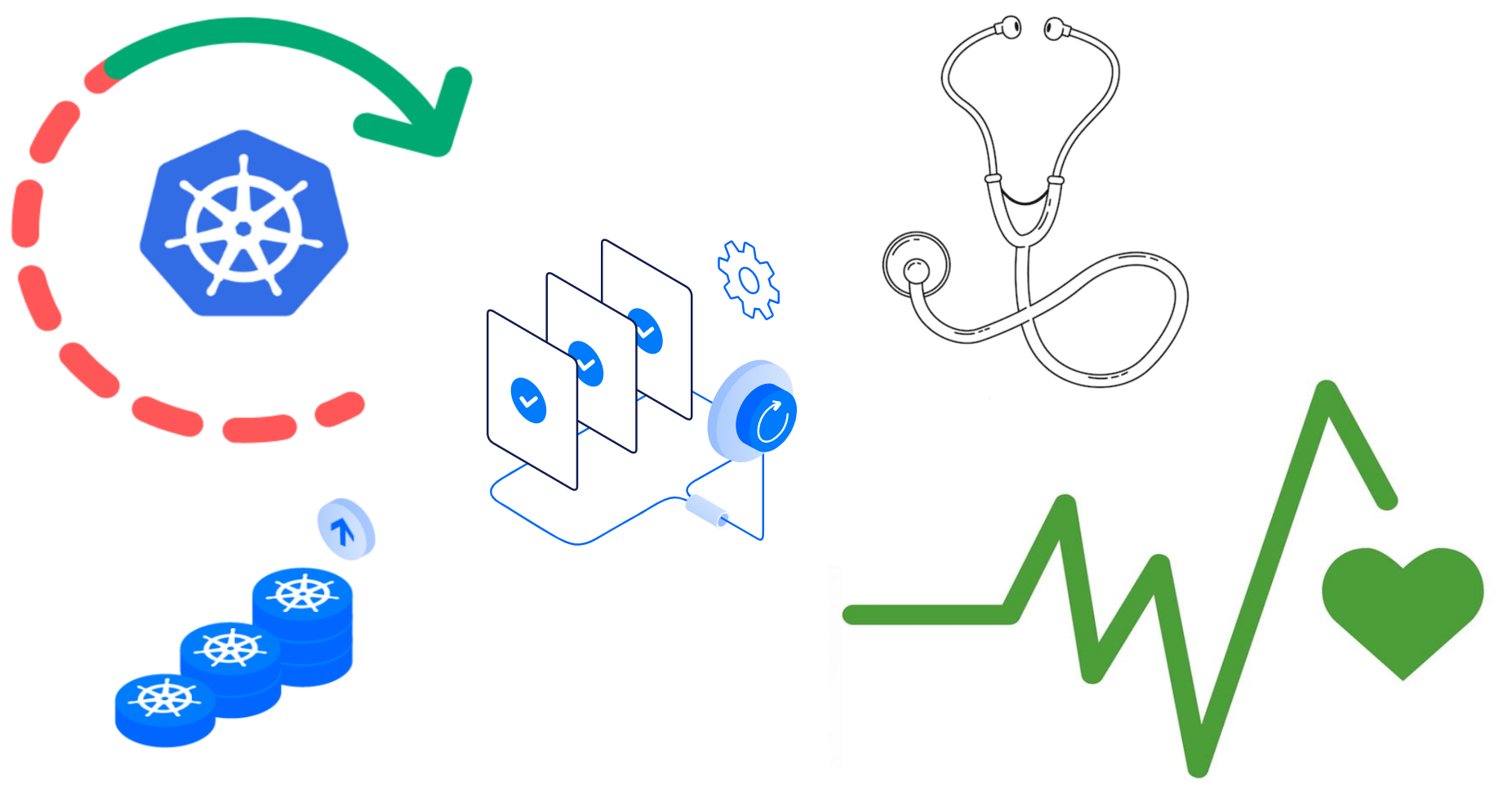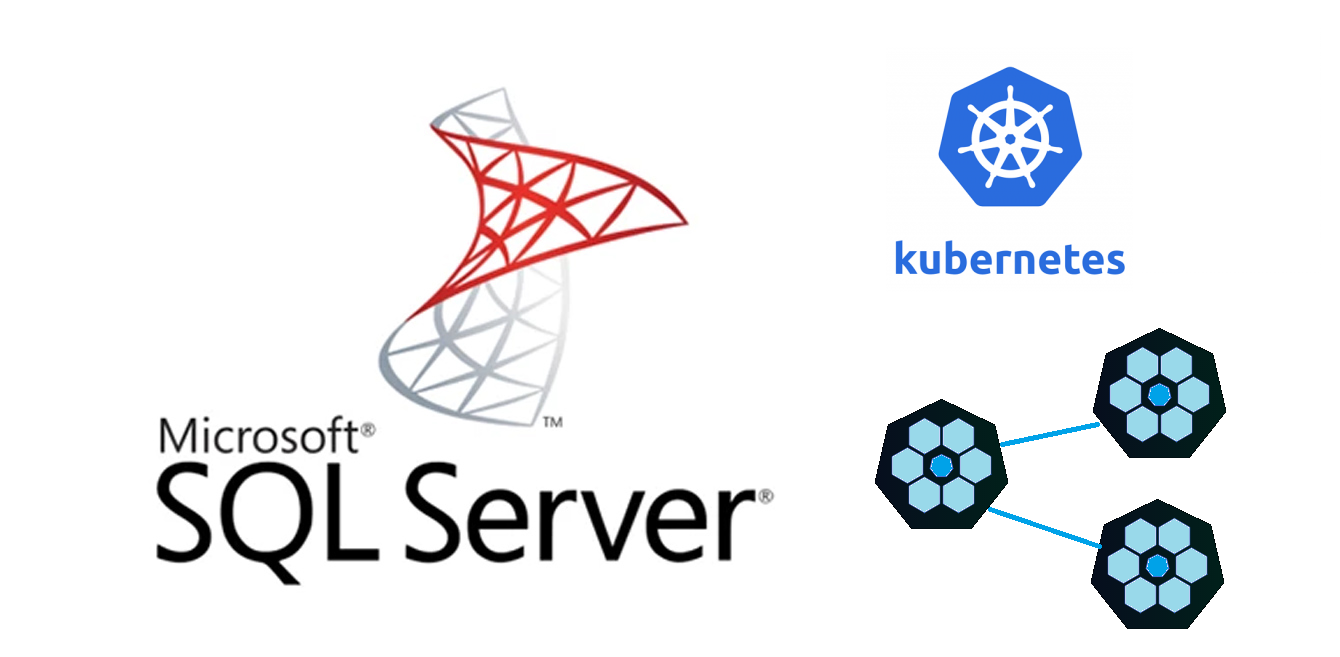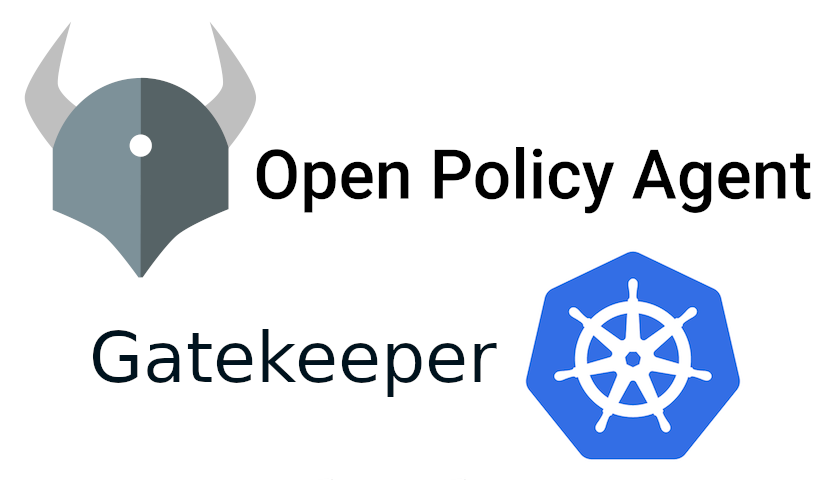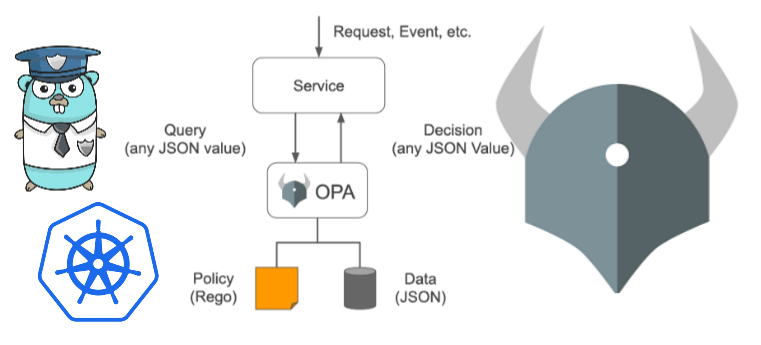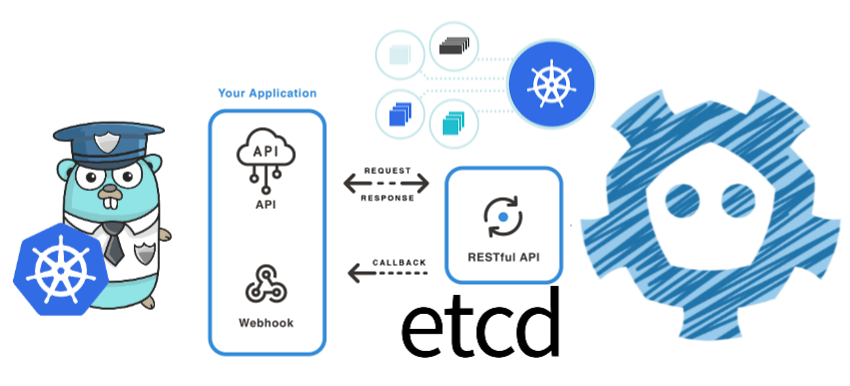
Serverless On Kubernetes With Knative
This book explores the transformative world of serverless computing and its integration with Kubernetes using Knative. Designed for developers, architects, and platform operators, this book delves into the evolution of serverless, its core principles, and practical applications. Key Topics Covered: The principles of serverless computing and its advantages for modern applications. Essential architecture patterns, including event-driven designs and API gateways. Knative Serving and Eventing, streamlining serverless workloads and event-driven workflows. Cloud Events and how they enable interoperability. Real-world use cases and practical guidance for building scalable, cost-effective solutions. Future trends in serverless, including AI/ML, edge computing, and hybrid deployments. Whether you’re new to cloud-native development or a seasoned practitioner, Serverless on Kubernetes with Knative equips you with the knowledge to simplify application development, optimize resource use, and unleash innovation. ...
